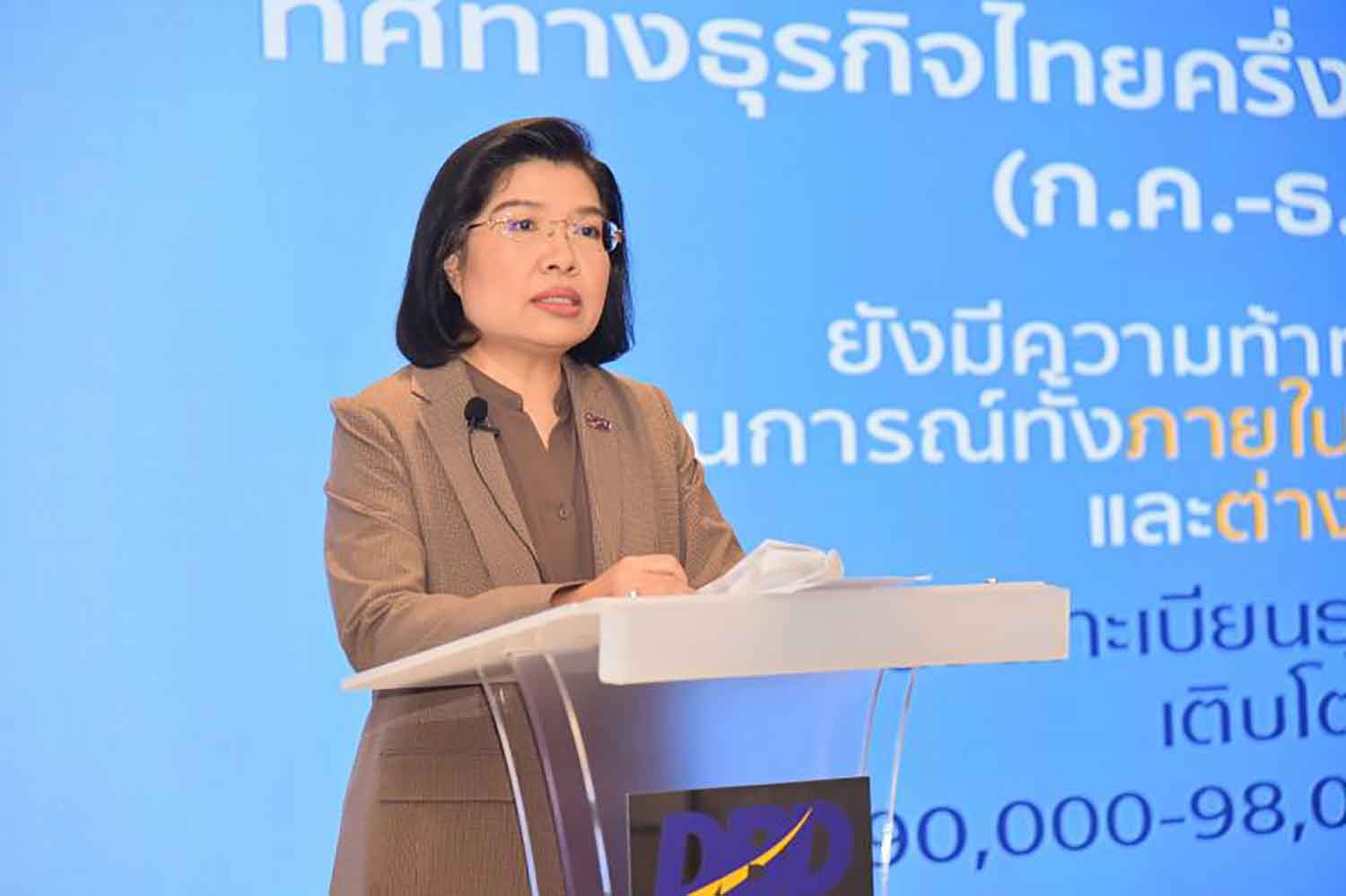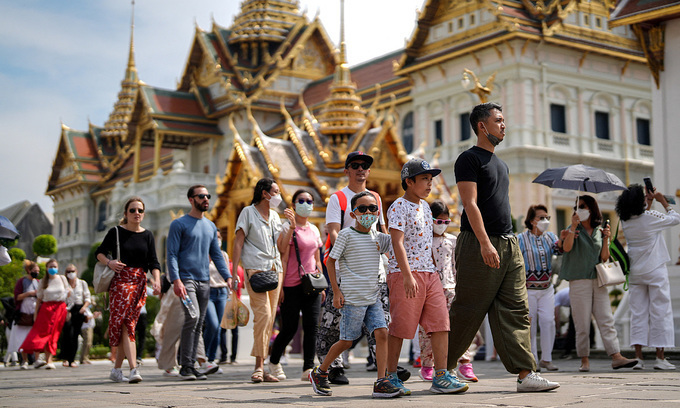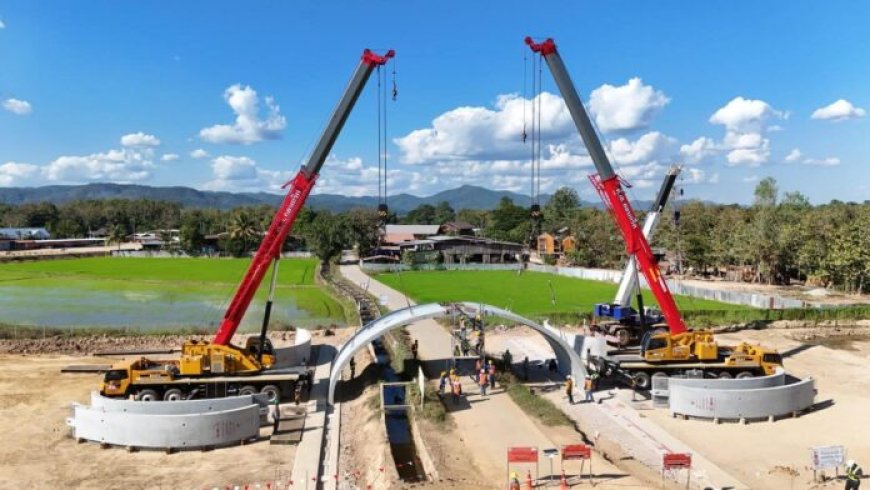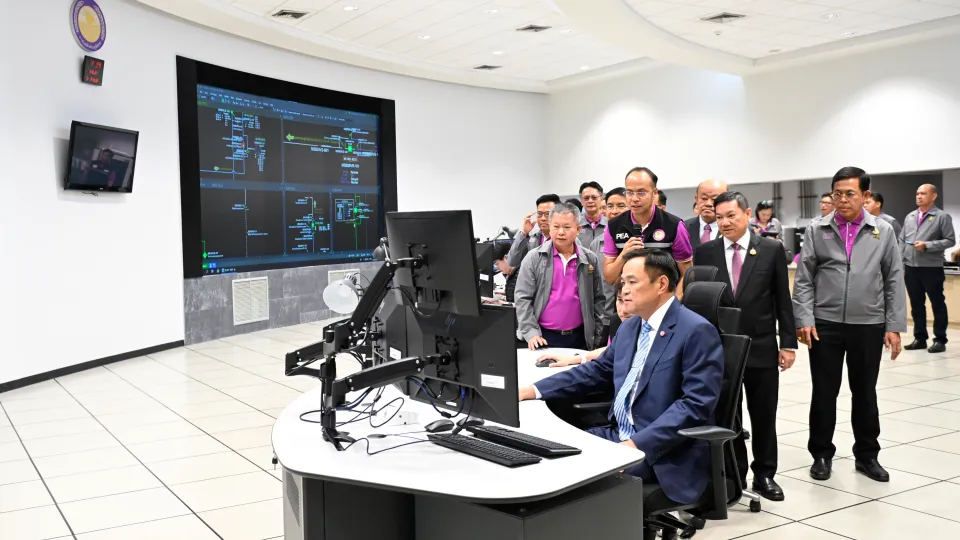Background and Context
Thailand has launched a comprehensive crackdown on nominee businesses, which involve Thai nationals holding shares on behalf of foreign investors to bypass the Foreign Business Act. This initiative is part of a broader effort to enforce business laws and protect the economy.
Key Agencies Involved
The task force includes representatives from over 20 agencies, such as the Immigration Bureau, Customs Department, Food and Drug Administration, Royal Thai Police, and Thai Industrial Standards Institute. These agencies are working together to investigate and prosecute cases involving nominee businesses.
Scope of the Crackdown
Since September 2024, authorities have prosecuted 820 cases related to nominee businesses across various sectors. The damages from these activities amount to nearly 12.5 billion baht.
Affected Industries
Nominee businesses are prevalent in tourism sectors in Bangkok, Phuket, and Prachuap Khiri Khan but also extend into online marketplaces, construction materials suppliers, accounting firms, land transport companies, and real estate businesses.
Mule Accounts Investigation
In addition to targeting nominee businesses directly linked to foreign investors using Thai nominees illegally under the Foreign Business Act (FBA), authorities have identified over 2000 mule accounts associated with illegal activities.
Action Against Mule Accounts
The Anti-Online Crime Operation Center (AOC) has flagged these accounts for further investigation by relevant agencies like the Central Investigation Bureau (CIB), Anti-Money Laundering Office (Amlo), and Department of Special Investigation (DSI). These efforts aim at dismantling networks facilitating illicit financial transactions through such accounts.








